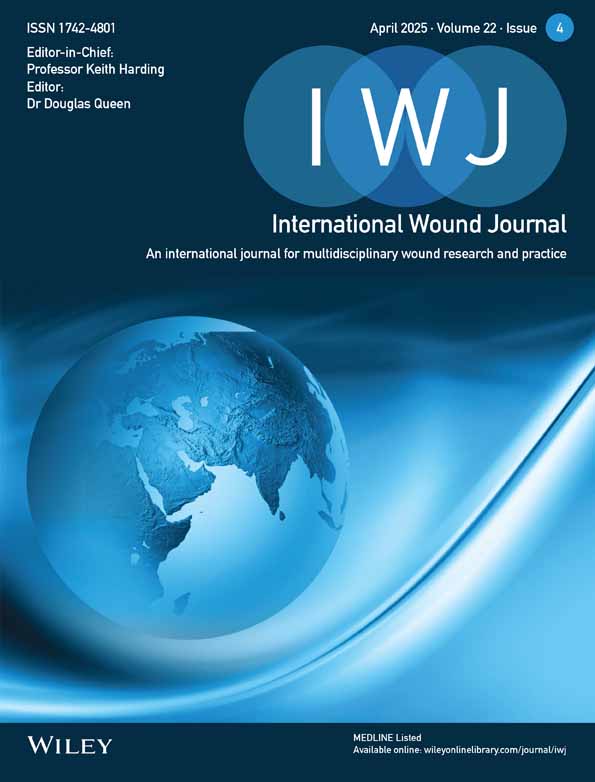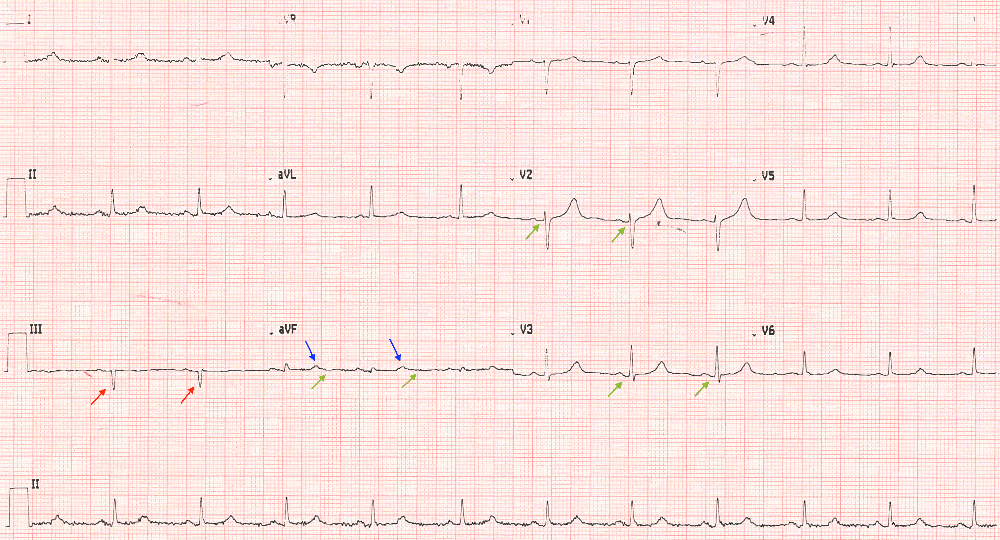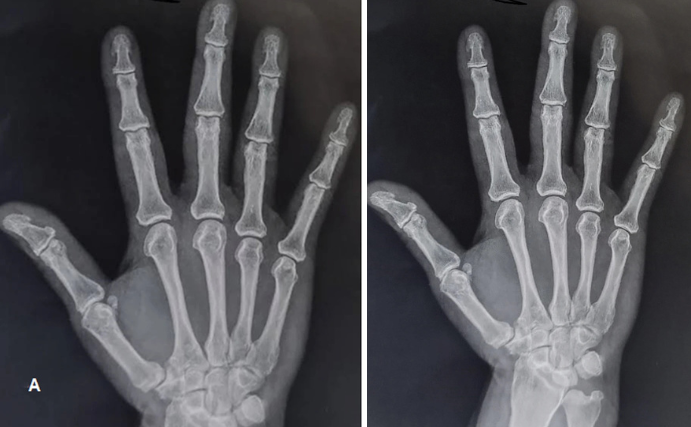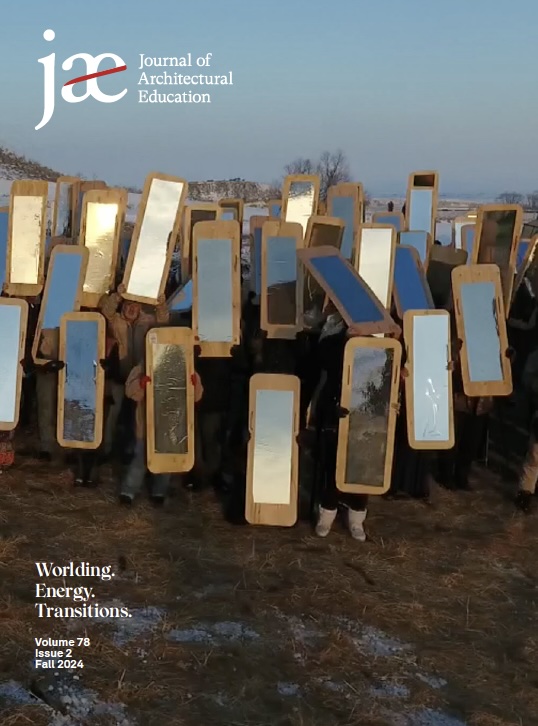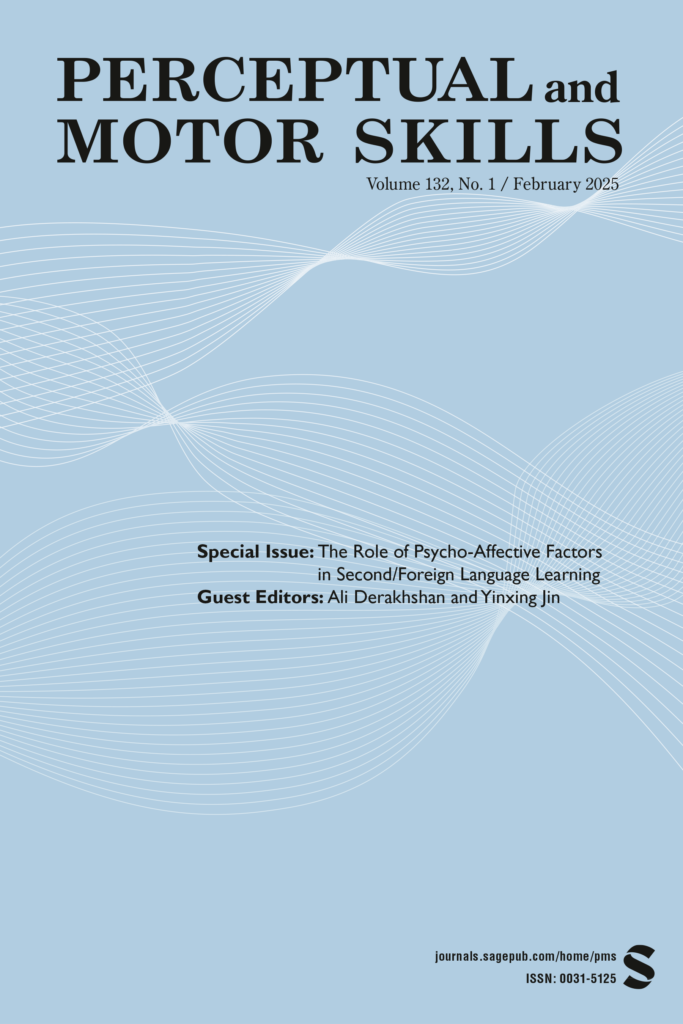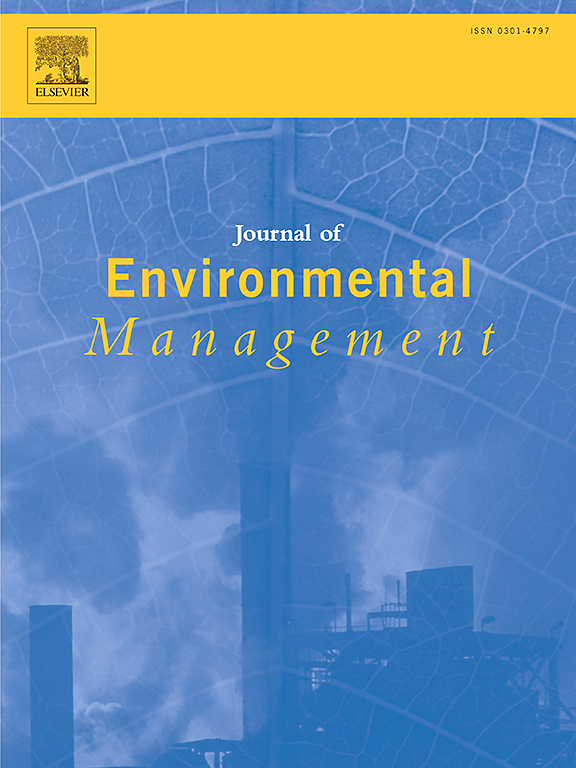
Pexels
Longtime Retraction Watch readers know the scientists on our Leaderboard have changed over the years. But one characteristic has remained relatively constant: There are few women on that list – in fact, never rarely more than one at a time.
So when a recent paper dove into whether retraction rates vary by the gender of the authors, we were curious what the authors found.
The team, from Sorbonne Study Group on Methods of Sociological Analysis (GEMASS) in Paris, sampled 1 million articles from the OpenAlex database, then referenced the Retraction Watch database to compare against their sample.
Continue reading Do men or women retract more? A study found the answer is … complicated